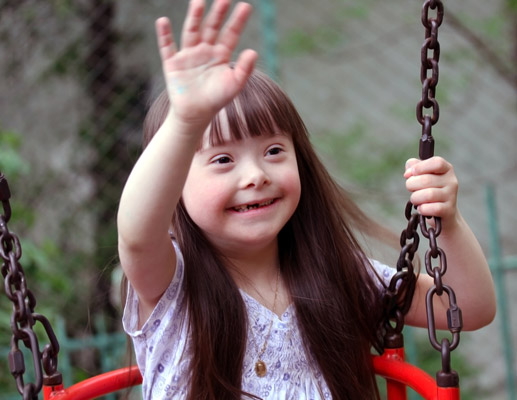Vulnerable Infants and Children course


This session will look at types of vulnerability that you are likely to encounter in children and young people you see in your everyday practice. It links in closely with the previous module Family health and with the modules ahead. It should encourage you to think of child vulnerability in a broad and thoughtful way.
Learning objectives
By the end of this session you will be able to:
- Explain what is meant by ‘vulnerable’ and list four categories of vulnerability factors
- List three factors which make a child vulnerable and the effects they can have on a child
- Explain the importance of early intervention in improving outcomes
- Outline some of the challenges of providing child health promotion services to vulnerable children and give examples of strategies for overcoming these challenges
Due to their age, a child will always be more at risk of coming to harm in adverse circumstances due to their limited capacity for self-protection. These factors may be multiple and interplay to increase the risk to the child further, which we will explore in this session.
Identifying vulnerable children is important in order to improve outcomes through early intervention and prevent problems from escalating and the child coming to harm.
Dr Andrea Goddard is a consultant paediatrician at St Mary’s Hospital, Paddington and clinical lead for child protection at Imperial College Healthcare NHS Trust.
She is also Honorary Senior Lecturer at the Faculty of Medicine, Imperial College, London and Designated Doctor for Child Protection for NHS Westminster and Lead Paediatrician for the three London Sexual Assault Referral Centres.
Her interest in social paediatrics and child maltreatment is complemented by an interest in adolescent health and child rights.

- Introduction to Female Genital Mutilation course
- Posted By eIntegrity Healthcare e-Learning
- Posted Date: 2025-03-04
- Location:Online
- This session aims to give a brief overview of female genital mutilation (FGM). Learning Objective...
- Identifying and Supporting Victims of Modern Slave...
- Posted By eIntegrity Healthcare e-Learning
- Posted Date: 2025-03-04
- Location:Online
- This session will help frontline healthcare staff to identify victims of modern slavery and take app...
- Contraceptive Needs of Women Aged Over 40 course
- Posted By eIntegrity Healthcare e-Learning
- Posted Date: 2025-03-04
- Location:Online
- This session will explore the different contraceptive needs for individuals over 40, and which metho...
- Contraceptive Needs of Women with a Raised BMI cou...
- Posted By eIntegrity Healthcare e-Learning
- Posted Date: 2025-03-04
- Location:Online
- This session considers the safety and effectiveness of contraception in individuals with a raised BM...
- Contraceptive Needs of Women Following Pregnancy c...
- Posted By eIntegrity Healthcare e-Learning
- Posted Date: 2025-03-04
- Location:Online
- This session will review the importance of contraception after childbirth and its role in preventing...








